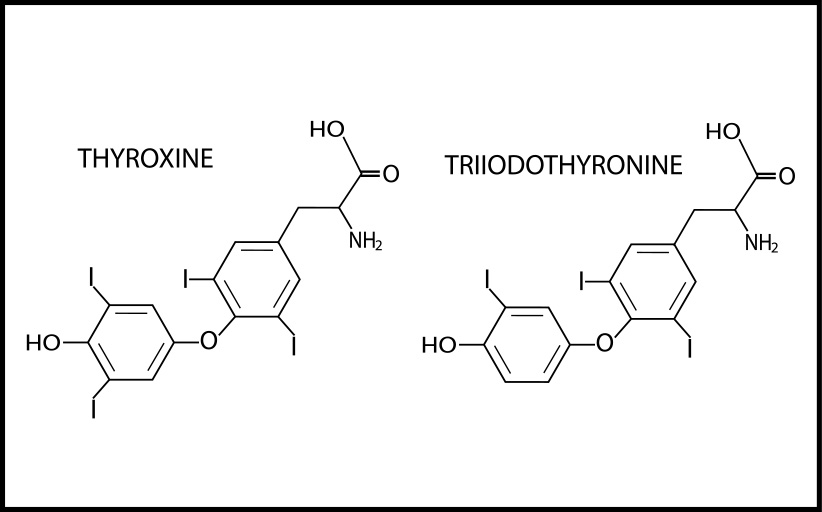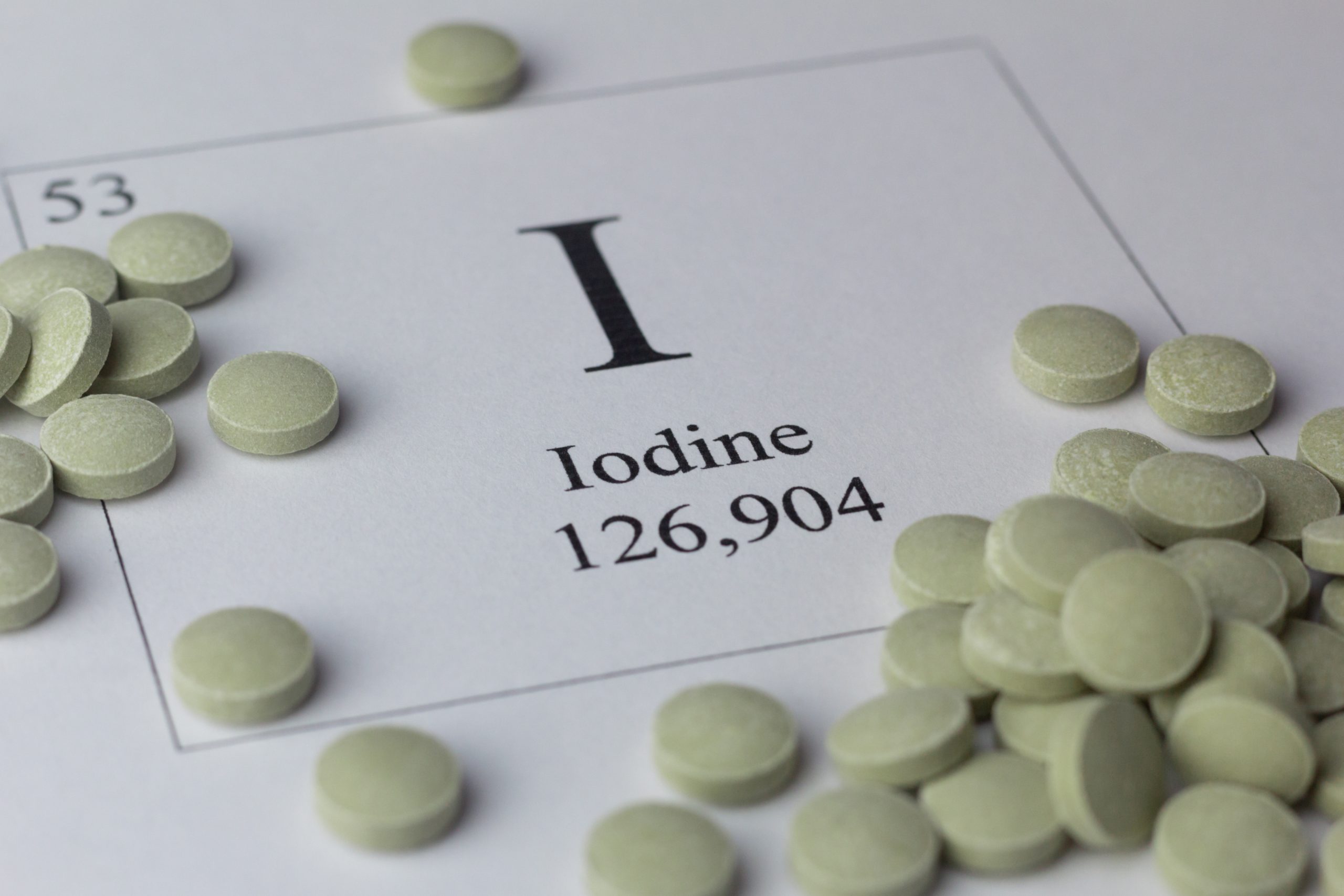
THYROID IMBALANCE
More than 10% of the U.S. population will develop a thyroid condition in their lifetime. The thyroid is responsible for regulating one’s metabolism, heart rate, body temperature, muscle strength, digestive function, bone maintenance, and mood.
Normally the thyroid gland produces the exact number of hormones needed to keep the body regulated and in balance.
When your thyroid is out of balance, it may overproduce or underproduce the appropriate amounts of thyroid hormones for the body to function.
TOO MUCH THYROID HORMONE IN THE BODY MAY PRESENT WITH (HYPERTHYROIDISM)
- Anxiety
- Irritability or moodiness
- Nervousness, hyperactivity
- Sweating or sensitivity to high temperatures
- Hand trembling (shaking)
- Hair loss
TOO LITTLE THYROID HORMONE IN THE BODY MAY PRESENT WITH (HYPOTHYROIDISM):
- Trouble sleeping
- Tiredness and fatigue
- Difficulty concentrating
- Dry skin and hair
- Depression
- Sensitivity to cold temperature
- Joint and muscle pain
TREATING THYROID IMBALANCES
The ultimate goal of treating thyroid imbalance is to optimize thyroid functioning. Treatment could include supplementation, bioidentical thyroid replacement therapy, and lifestyle modifications inclusive of diet and exercise.
Optimizing one’s gut and liver health are also important factors in restoring thyroid hormone balance.
Our gut bacteria are responsible for:
- Absorption of micronutrients like iodine, zinc and selenium
- Processing of dietary fiber
- Immune system regulation
- Neurotransmitter communication between the gut and brain
All of these functions affect the thyroid and its functioning, so having a healthy gut microbiome is essential!

